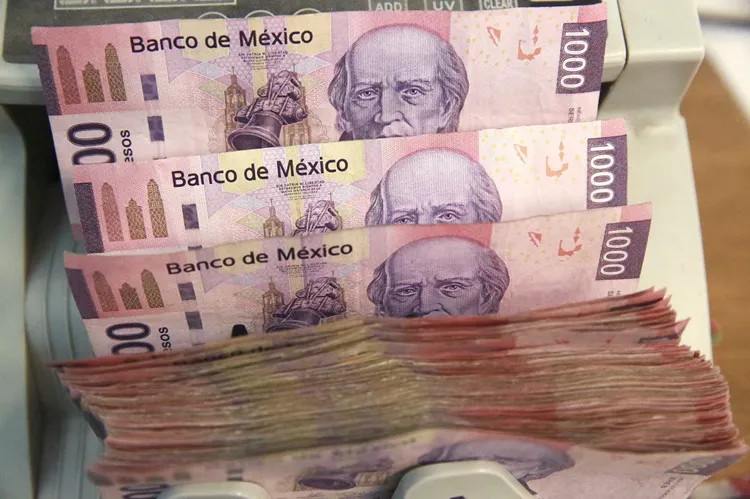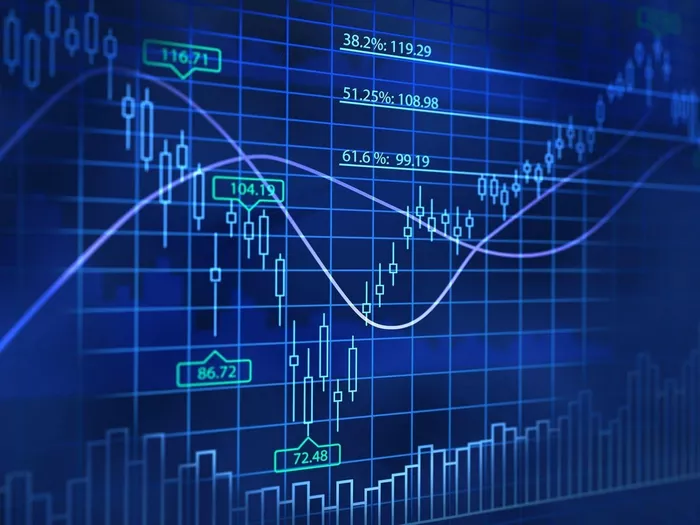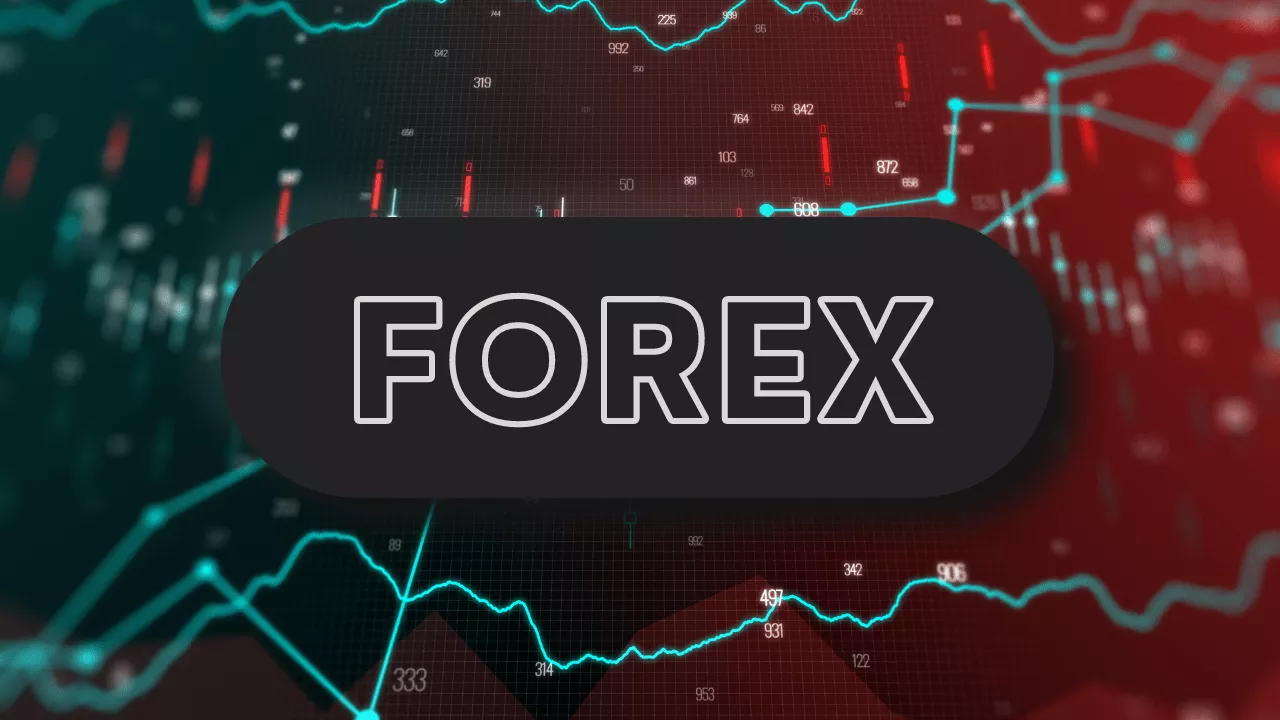Asian stocks experienced fluctuations at the start of the week, as investors remained cautious following weak economic data that triggered a selloff in US markets. The US dollar weakened against its counterparts, particularly the euro.
Stock Movements Across Asia
In Asia, stocks saw limited movement, with benchmarks in Hong Kong and mainland China trading within a narrow range. These markets had been boosted by a surge in technology stocks earlier this year. The broader Asian equity index dipped after reaching a four-month high on Friday. US equity index futures saw slight gains, along with contracts on Germany’s benchmark stock index, following the conservative party’s victory in Germany’s federal election.
The rally in Chinese tech stocks, driven by optimism over artificial intelligence and easing US tariffs, has supported market sentiment. Despite rising risks from US tariffs and shifting expectations around Federal Reserve policy, Chinese technology shares continued their strong performance. Last week’s data showed US inflation expectations surged to their highest level in nearly 30 years.
Optimism Surrounding Chinese Tech Stocks
Virginie Maisonneuve, global CIO of Allianz Global Investors, highlighted the potential for increased foreign investment in Chinese tech stocks. “China has been massively under-owned by foreigners, and I believe global funds will start allocating more to China, especially in the tech sector,” she said.
Chinese tech shares have seen a strong rally, fueled by optimism over advancements in artificial intelligence and positive developments from high-profile meetings between Chinese President Xi Jinping and major business leaders, including Jack Ma of Alibaba Group Holding Ltd. Over the same period, the euro area’s blue-chip index gained nearly 12%, outperforming the S&P 500.
Nvidia Earnings and Market Volatility
This week, all eyes are on Nvidia Corp.’s earnings report, set to be released on Wednesday. Investors have begun boosting bets that market volatility could return, with Nvidia’s results marking the first in a series of upcoming events that may have significant market impact.
Treasury Futures and Dollar Weakness
Treasury futures slipped on Monday, while cash Treasuries saw no trading in Asia due to Japan’s market holiday. The dollar gauge weakened during early Asian trading, with the euro outperforming other Group of 10 currencies, rising 0.5% against the dollar. This came after German conservative leader Friedrich Merz announced plans to quickly form a new government following his victory in the federal election.
China’s New Coronavirus Discovery and Stock Movements
In Asia, shares of diagnostic kits and vaccine makers rose as researchers in China discovered a new coronavirus in bats. The virus shares similarities with the one causing Covid-19, entering cells via the same pathway.
Trade Tensions and Tariffs
Tariff tensions continue to escalate. Chinese Vice Premier He Lifeng expressed “serious concern” over President Trump’s decision to increase tariffs on Chinese goods by 10%. In response, US Treasury Secretary Scott Bessent acknowledged a range of economic issues with China.
Additionally, the Trump administration has pressured Mexico to impose its own duties on Chinese imports in an attempt to avoid tariffs threatened by the US president.
Meanwhile, Trump is directing the Committee on Foreign Investment in the US to restrict Chinese investments in strategic sectors like technology and energy, as part of ongoing efforts to counter China’s growing economic influence.
Corporate News: Berkshire Hathaway’s Investments
In corporate news, Warren Buffett’s Berkshire Hathaway Inc. revealed plans to increase its stake in Japan’s five largest trading houses “over time,” according to Buffett’s annual letter to shareholders.
Commodities: Oil and Gold
In commodities, oil prices continued to decline as concerns over increased supply from Iraq weighed on market sentiment. Gold prices remained close to last week’s all-time high, as weaker-than-expected economic data and rising inflation expectations boosted demand for the safe-haven asset.
Related topics:
























